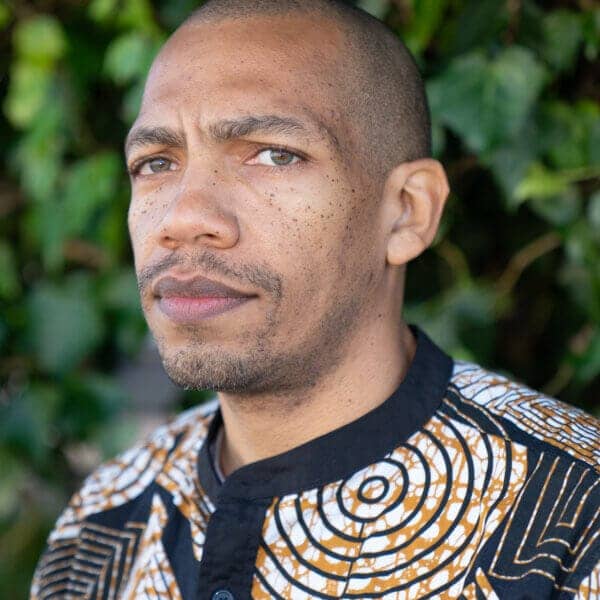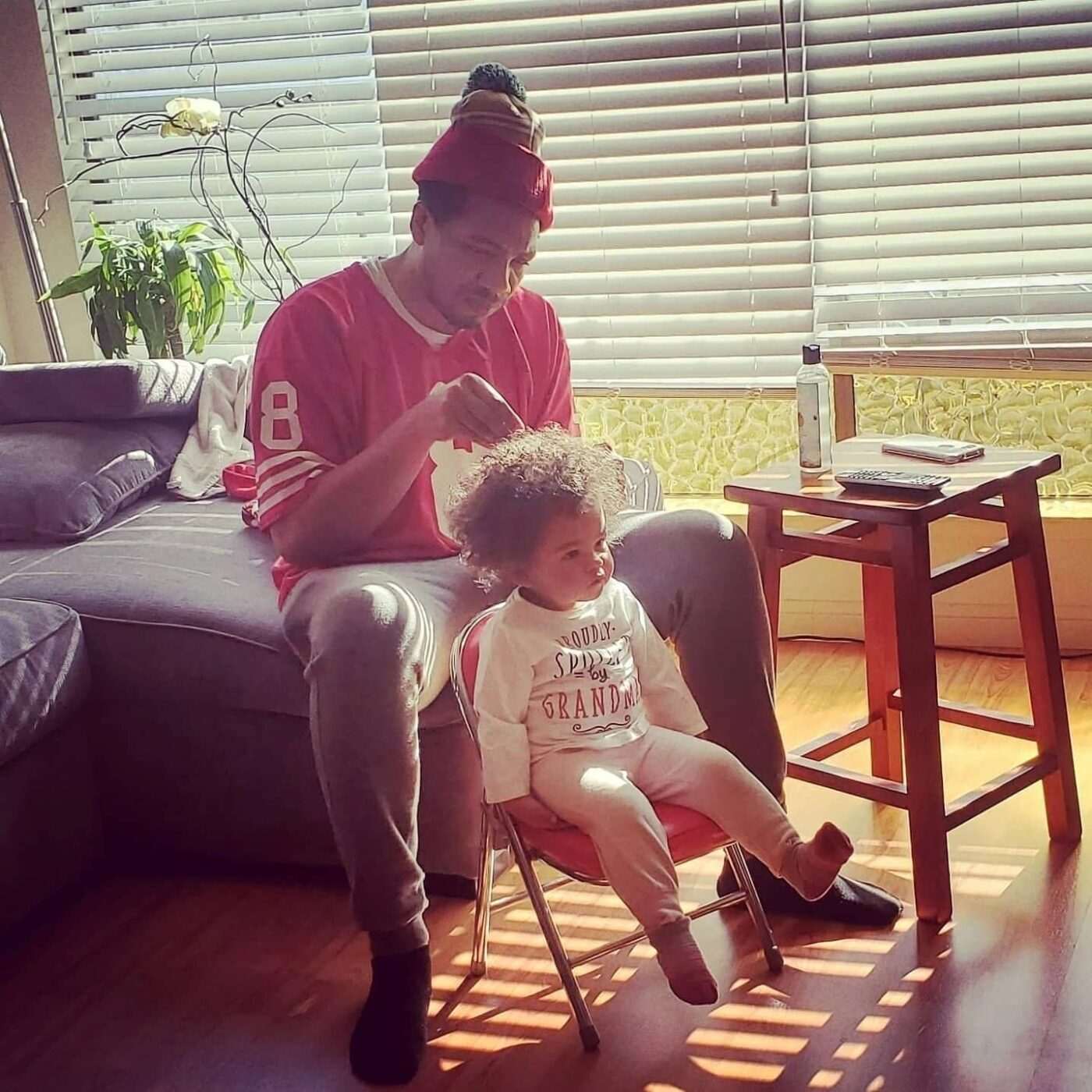
by People’s Minister of Information JR Valrey, Oakland Bureau Chief
On Tuesday, Jan. 24, the San Francisco Board of Education will choose a new president, and progressive school board member Kevine Boggess is running to be president. This is an important vote, because Vice President Boggess is looking to unseat moderate Jenny Lam, who became board president only after the ‘22 recall of former progressive board members Gabriela Lopez, then president, Alison Collins and Faauuga Moliga.
There is a lot at stake for the San Francisco Board of Education this year, such as addressing the increasingly common racist acts aimed at Black students, overcoming the students’ academic and psychological hurdles that were created or exacerbated by the pandemic lockdowns, as well as Boggess and other progressives on the board wanting to open up the admissions process of the coveted and high-achieving Lowell High School to one of a lottery, instead of it just being merit-based, which euphemistically allows the Lowell school community and alumni to discriminate against allowing, in significant numbers, new Black and Brown students into the school.
So, hopefully, Tuesday will be a game changer since the recent elections have returned the board to majority progressive like it was prior to the ’22 recall before it was filled by mayoral appointees who are more moderate on the political spectrum. Check out San Francisco School Board member Kevine Boggess, as he talks about running for the president of the board, as well as he talks about the declining academic achievements of Black and Pacific Islander students within the San Francisco Unified School District (SFUSD).
JR Valrey: You are running for president of the SF School Board. Why? What is currently at stake?
Kevine Boggess: The reason I’m running to be the president of the SFUSD’s Board of Education is to ensure the voices of young people, families and educators are central to the decision-making process and that public transparency is a priority. I want to continue the work of rebuilding trust in the SFUSD by keeping our focus on student outcomes, prioritizing our highest needs students, and improving district operations.
Right now the board is at a pivotal moment where we have to find a way to decrease spending, while trying to improve student outcomes. I’m hopeful that in the coming year we will be successful in developing and expanding partnerships and relationships with the City of San Francisco and non-profit service providers in the city who provide tutoring and other support to our students and their families.
JR Valrey: How long have you been on the San Francisco School Board? And why did you want to be on the board originally?
Kevine Boggess: I joined the board in January 2021. I was elected vice president in March, 2022, after the successful recall of three other board members.
How can we expect school staff to give our students their best if they aren’t being paid?
The reason I decided to run for office was to create real change in our education system. After working for over a decade at a non-profit focused on addressing institutional racism and public schools, I wanted to find another way to give back to my community and ensure that students who are in the district now have a better education and opportunities than I did when I was a student. Since I’ve been on the board, I’ve tried to make decisions that reflect the best interest of the community and to ensure that students’ outcomes are at the center.
JR Valrey: What are some of the important issues that the board is facing this year?
Kevine Boggess: For me everything starts with improving student outcomes. It’s unacceptable for me that we have students performing below grade level proficiency in our district. It is even more shameful that those students are disproportionately African American and Pacific Islanders. I’m really hopeful that in the next year, we will start to see an improvement in our proficiency numbers for all student groups, especially students who are in special education programming or who are foster youth.

Outside of student outcomes, our biggest priority is getting our fiscal and payroll systems in order. We can’t continue to have our staff receiving incorrect pay or losing health benefits. Even though those are operation issues, they impact students. How can we expect school staff to give our students their best if they aren’t being paid?
JR Valrey: What do you plan to do about the rising anti-Black hate crimes against students?
Kevine Boggess: SFUSD has long struggled with outcomes and opportunity gaps by race. Connected to that issue, SFUSD is also struggling with anti-Blackness. I have consistently heard from Black families in the district that they feel unwelcome and unsupported.
We also have to increase the amount of mental health support that we have at schools – understanding that the past few years have been very traumatic.
We have to change the culture of our district. We have to have higher standards of conduct, as well as more accountability for when people do harm in our community. We can’t be a great school district until students don’t have to worry about being harassed with racial slurs while they’re trying to learn or sexually harassed in hallways.
I believe the key for us to solve these issues is to have a more customer service approach. When a problem arises, especially something of a racial or sexual nature, we need to treat it with urgency and deal with it at that moment. It’s important students and families know that if they have a problem we are going to be there to help resolve it. A key in achieving this is increasing the amount of adults on our school sites and creating better ways for students who are experiencing these things to be heard and supported.
JR Valrey: How do you plan to help the students who academically suffered during the pandemic lockdowns that kept the schools closed for a year?
Kevine Boggess: This is a very important issue for me. For students who have fallen behind, we have to provide more individual academic support and counseling. We have to engage in conversations with their families about what it’s going to take for them to get back on track and help them to access those resources, whether they are in the school or at a neighborhood non-profit.
We also have to increase the amount of mental health support that we have at schools – understanding that the past few years have been very traumatic, that everyone is struggling emotionally and we have a responsibility and duty to help them access support, so they can focus on their education and be successful.
JR Valrey, journalist, author, filmmaker and founder of Black New World Media, heads the SF Bay View’s Oakland Bureau and is founder of his latest project, the Ministry of Information Podcast. He can be reached at blockreportradio@gmail.com and on Instagram.





